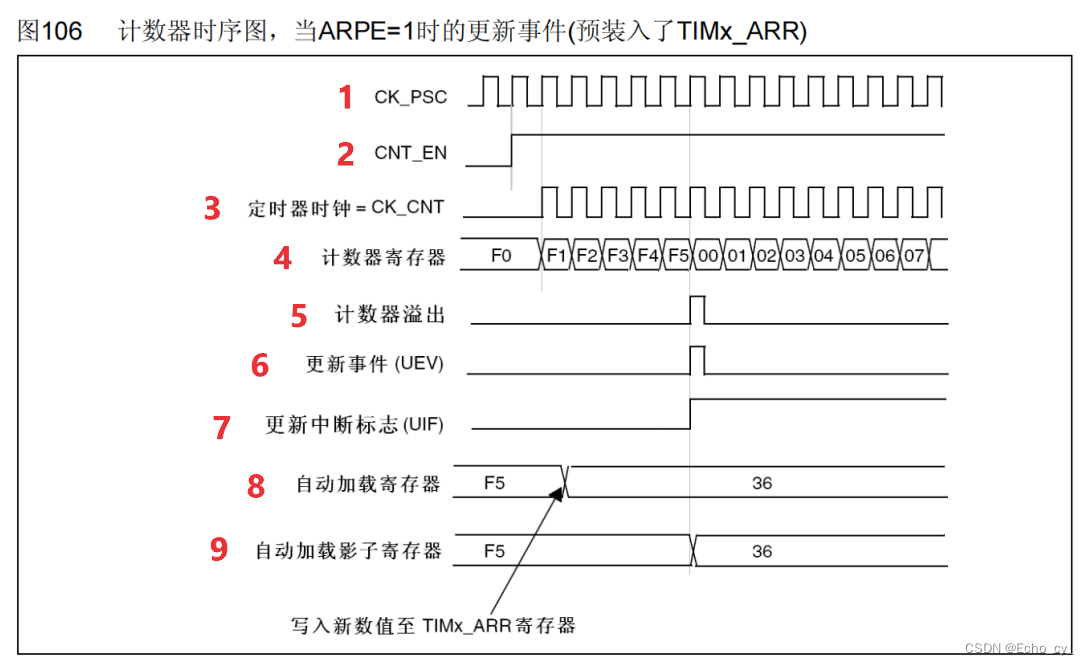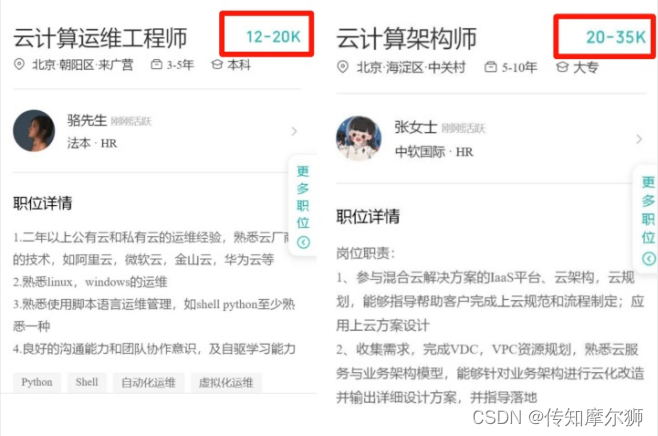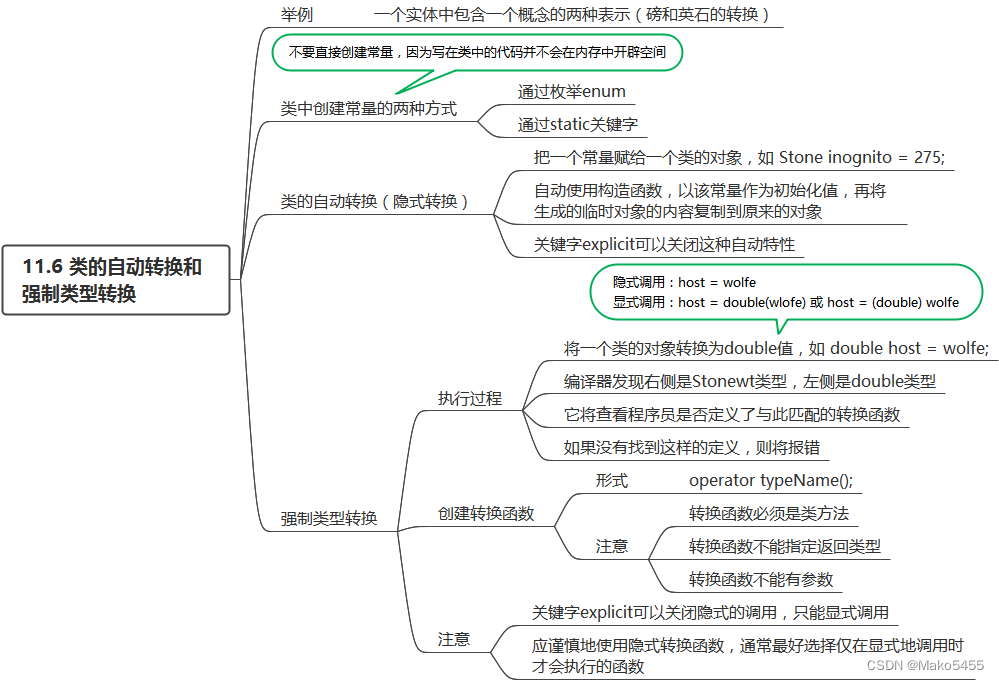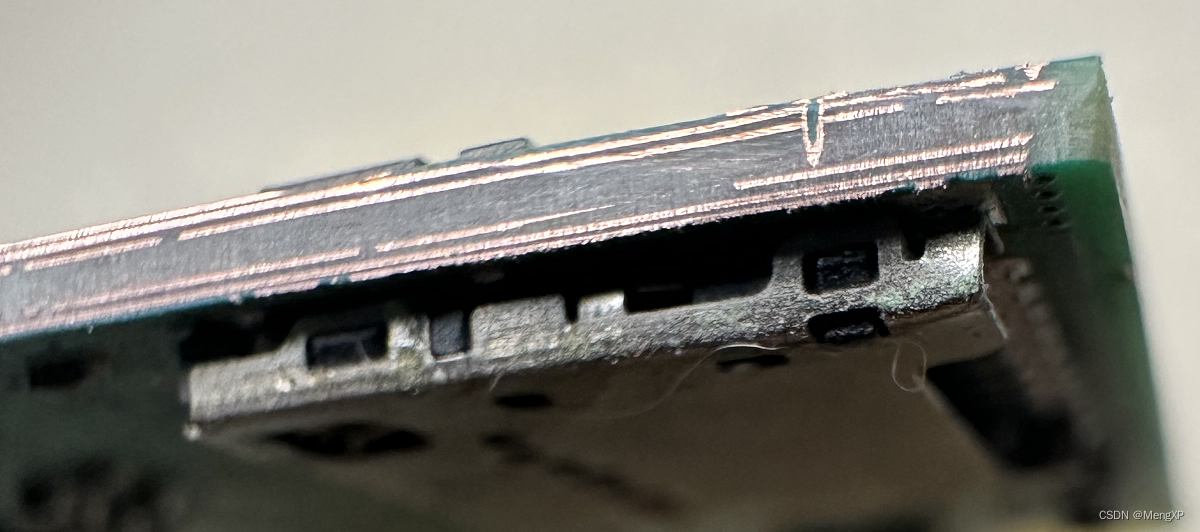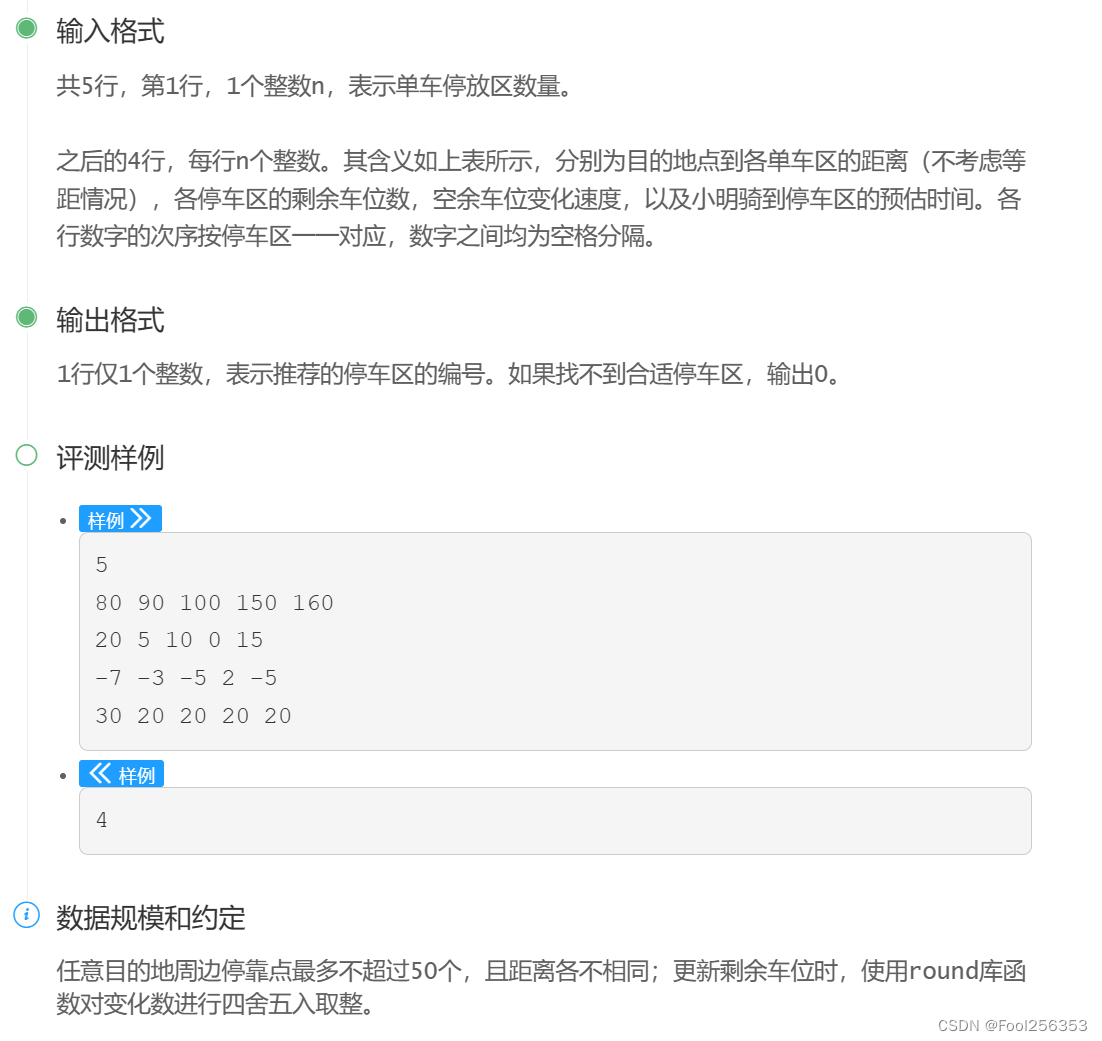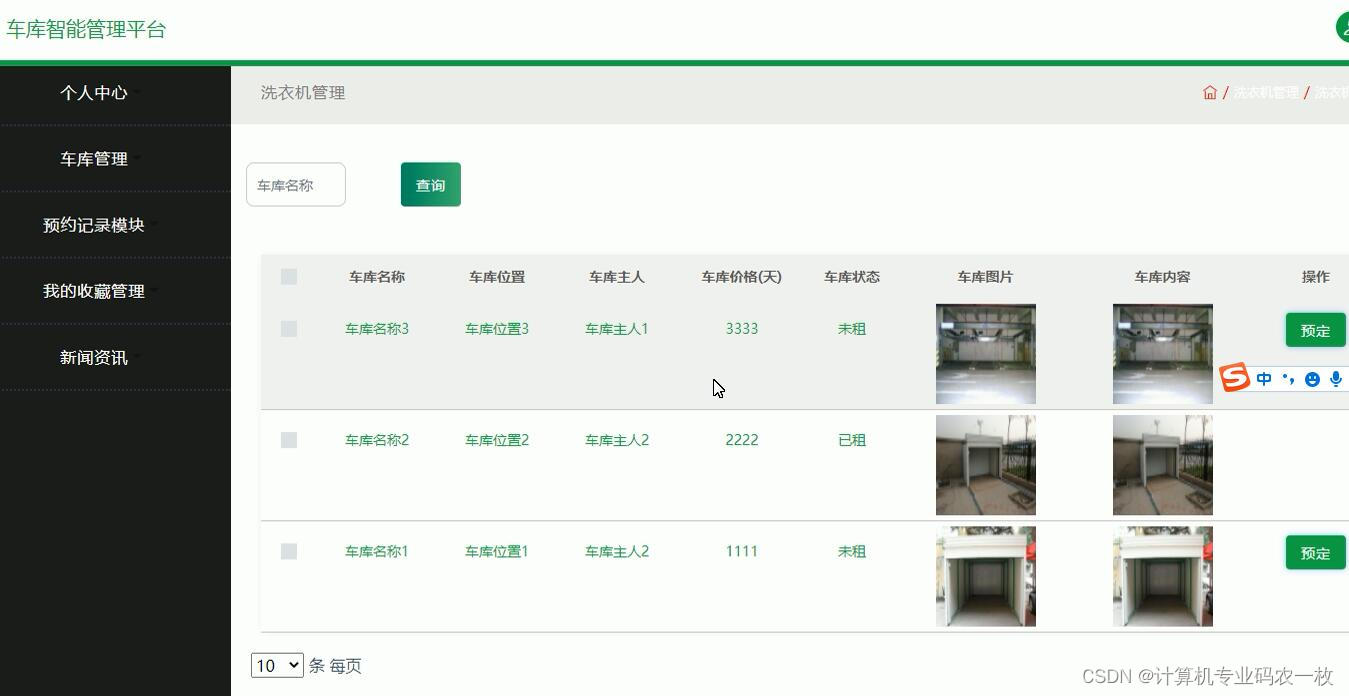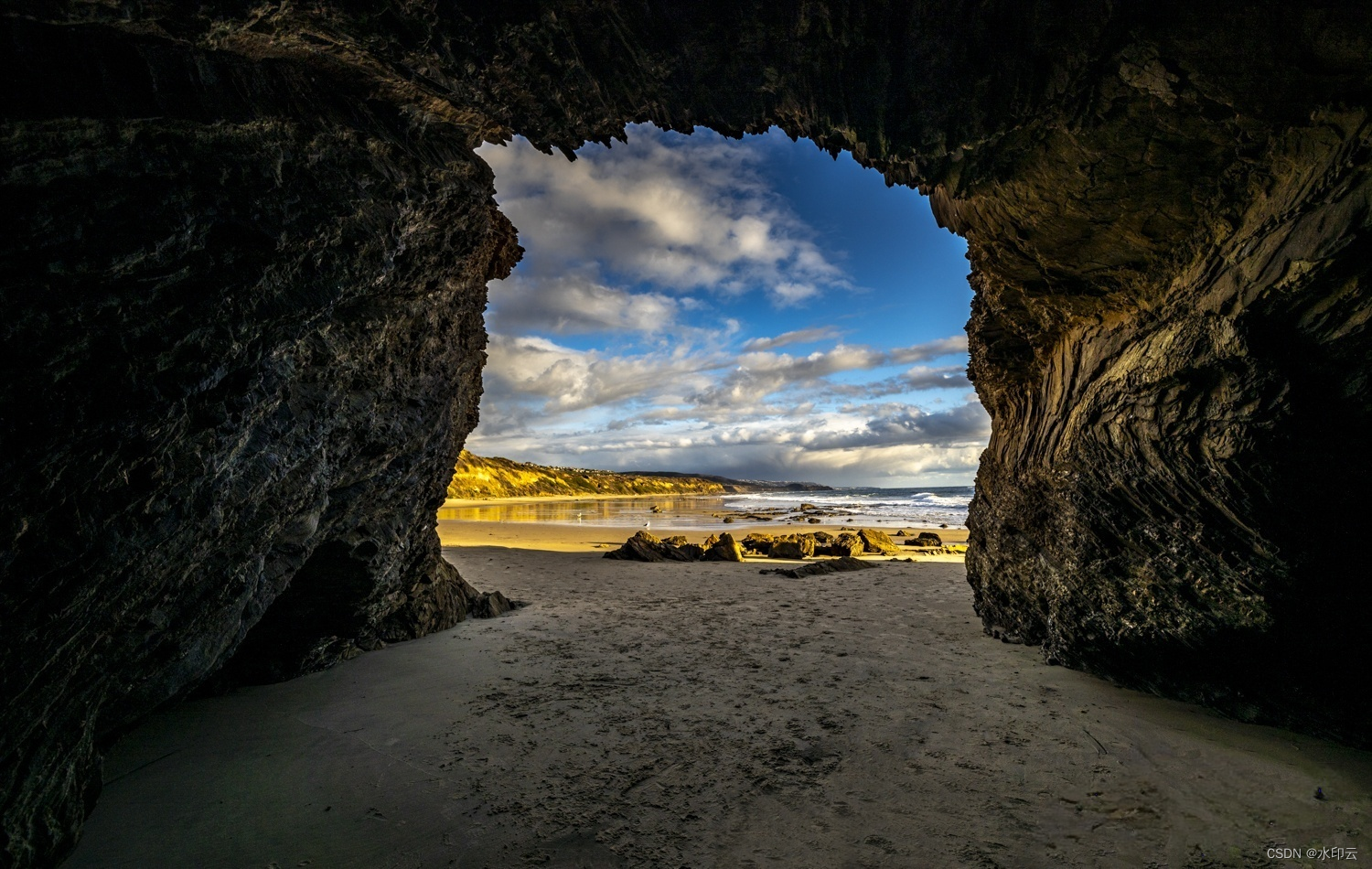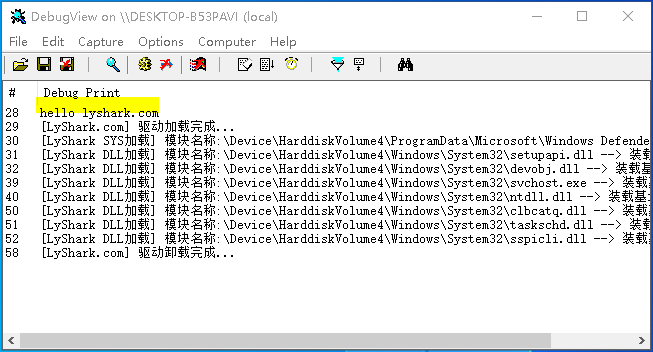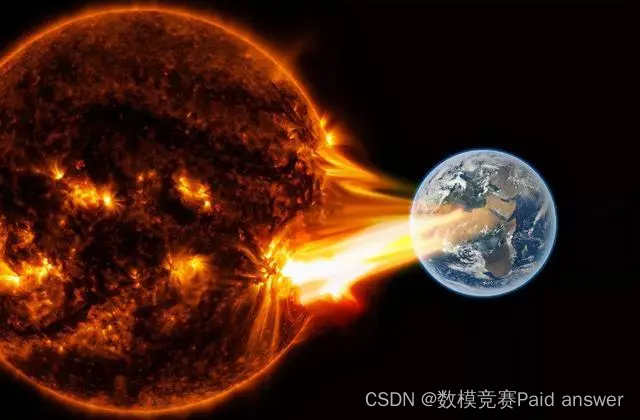目录
效果
模型信息
项目
代码
下载
其他
Windows C++ VS2022 OpenVINO 实例分割 Demo
效果

模型信息
Model Properties
-------------------------
date:2023-09-07T17:11:46.798385
description:Ultralytics YOLOv8n-seg model trained on coco.yaml
author:Ultralytics
task:segment
license:AGPL-3.0 https://ultralytics.com/license
version:8.0.172
stride:32
batch:1
imgsz:[640, 640]
names:{0: 'person', 1: 'bicycle', 2: 'car', 3: 'motorcycle', 4: 'airplane', 5: 'bus', 6: 'train', 7: 'truck', 8: 'boat', 9: 'traffic light', 10: 'fire hydrant', 11: 'stop sign', 12: 'parking meter', 13: 'bench', 14: 'bird', 15: 'cat', 16: 'dog', 17: 'horse', 18: 'sheep', 19: 'cow', 20: 'elephant', 21: 'bear', 22: 'zebra', 23: 'giraffe', 24: 'backpack', 25: 'umbrella', 26: 'handbag', 27: 'tie', 28: 'suitcase', 29: 'frisbee', 30: 'skis', 31: 'snowboard', 32: 'sports ball', 33: 'kite', 34: 'baseball bat', 35: 'baseball glove', 36: 'skateboard', 37: 'surfboard', 38: 'tennis racket', 39: 'bottle', 40: 'wine glass', 41: 'cup', 42: 'fork', 43: 'knife', 44: 'spoon', 45: 'bowl', 46: 'banana', 47: 'apple', 48: 'sandwich', 49: 'orange', 50: 'broccoli', 51: 'carrot', 52: 'hot dog', 53: 'pizza', 54: 'donut', 55: 'cake', 56: 'chair', 57: 'couch', 58: 'potted plant', 59: 'bed', 60: 'dining table', 61: 'toilet', 62: 'tv', 63: 'laptop', 64: 'mouse', 65: 'remote', 66: 'keyboard', 67: 'cell phone', 68: 'microwave', 69: 'oven', 70: 'toaster', 71: 'sink', 72: 'refrigerator', 73: 'book', 74: 'clock', 75: 'vase', 76: 'scissors', 77: 'teddy bear', 78: 'hair drier', 79: 'toothbrush'}
---------------------------------------------------------------
Inputs
-------------------------
name:images
tensor:Float[1, 3, 640, 640]
---------------------------------------------------------------
Outputs
-------------------------
name:output0
tensor:Float[1, 116, 8400]
name:output1
tensor:Float[1, 32, 160, 160]
---------------------------------------------------------------
项目
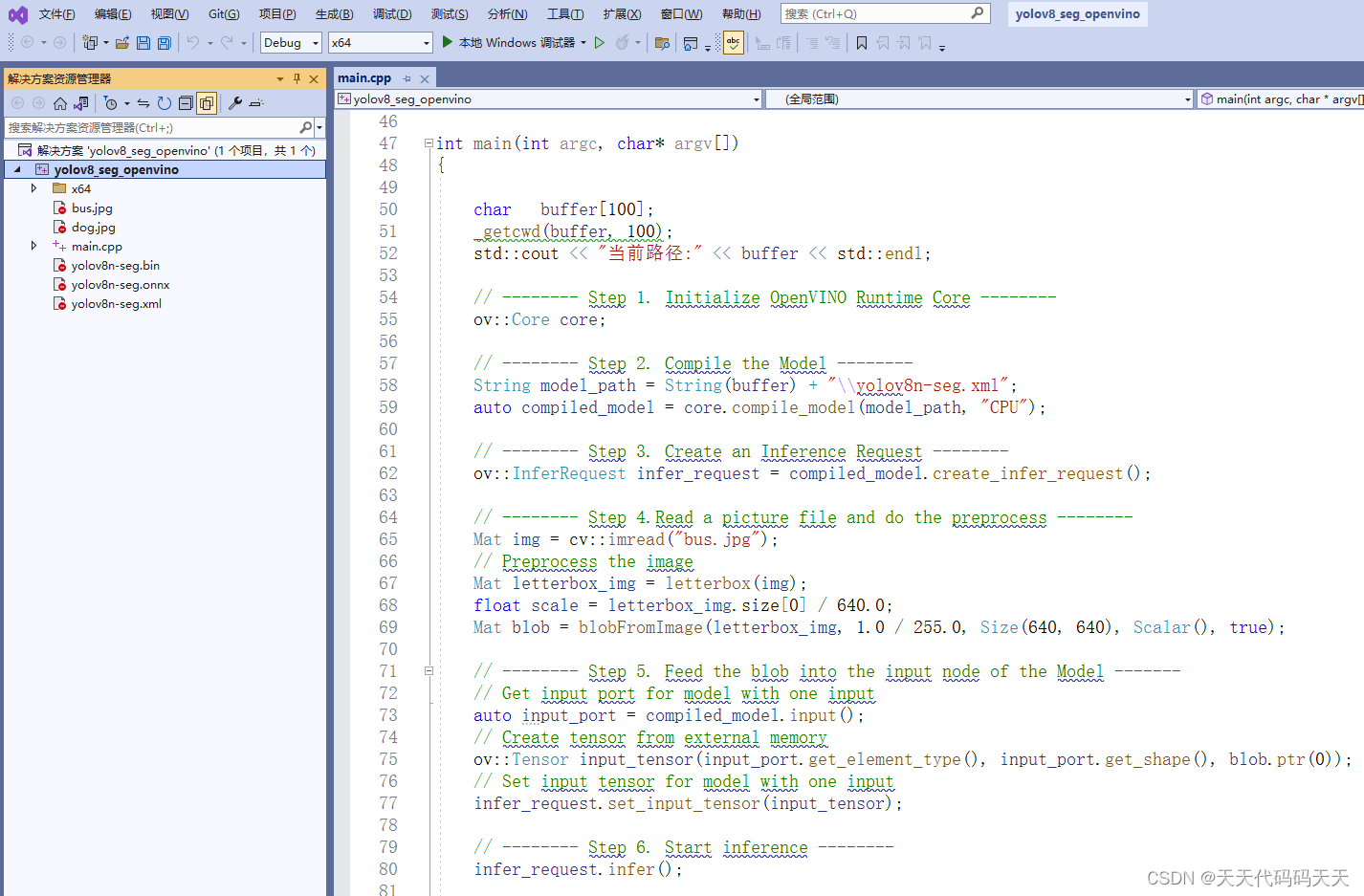
代码
#include <iostream>
#include <string>
#include <vector>
#include <algorithm>
#include <openvino/openvino.hpp> //openvino header file
#include <opencv2/opencv.hpp> //opencv header file
#include <direct.h>
#include <stdio.h>
using namespace cv;
using namespace dnn;
std::vector<Scalar> colors = { Scalar(255, 0, 0), Scalar(255, 0, 255), Scalar(170, 0, 255), Scalar(255, 0, 85),
Scalar(255, 0, 170), Scalar(85, 255, 0), Scalar(255, 170, 0), Scalar(0, 255, 0),
Scalar(255, 255, 0), Scalar(0, 255, 85), Scalar(170, 255, 0), Scalar(0, 85, 255),
Scalar(0, 255, 170), Scalar(0, 0, 255), Scalar(0, 255, 255), Scalar(85, 0, 255) };
const std::vector<std::string> class_names = {
"person", "bicycle", "car", "motorcycle", "airplane", "bus", "train", "truck", "boat", "traffic light",
"fire hydrant", "stop sign", "parking meter", "bench", "bird", "cat", "dog", "horse", "sheep", "cow",
"elephant", "bear", "zebra", "giraffe", "backpack", "umbrella", "handbag", "tie", "suitcase", "frisbee",
"skis", "snowboard", "sports ball", "kite", "baseball bat", "baseball glove", "skateboard", "surfboard",
"tennis racket", "bottle", "wine glass", "cup", "fork", "knife", "spoon", "bowl", "banana", "apple",
"sandwich", "orange", "broccoli", "carrot", "hot dog", "pizza", "donut", "cake", "chair", "couch",
"potted plant", "bed", "dining table", "toilet", "tv", "laptop", "mouse", "remote", "keyboard", "cell phone",
"microwave", "oven", "toaster", "sink", "refrigerator", "book", "clock", "vase", "scissors", "teddy bear",
"hair drier", "toothbrush" };
// Keep the ratio before resize
Mat letterbox(const cv::Mat& source)
{
int col = source.cols;
int row = source.rows;
int _max = MAX(col, row);
Mat result = Mat::zeros(_max, _max, CV_8UC3);
source.copyTo(result(Rect(0, 0, col, row)));
return result;
}
float sigmoid_function(float a) {
float b = 1. / (1. + exp(-a));
return b;
}
int main(int argc, char* argv[])
{
char buffer[100];
_getcwd(buffer, 100);
std::cout << "当前路径:" << buffer << std::endl;
// -------- Step 1. Initialize OpenVINO Runtime Core --------
ov::Core core;
// -------- Step 2. Compile the Model --------
String model_path = String(buffer) + "\\yolov8n-seg.xml";
auto compiled_model = core.compile_model(model_path, "CPU");
// -------- Step 3. Create an Inference Request --------
ov::InferRequest infer_request = compiled_model.create_infer_request();
// -------- Step 4.Read a picture file and do the preprocess --------
Mat img = cv::imread("bus.jpg");
// Preprocess the image
Mat letterbox_img = letterbox(img);
float scale = letterbox_img.size[0] / 640.0;
Mat blob = blobFromImage(letterbox_img, 1.0 / 255.0, Size(640, 640), Scalar(), true);
// -------- Step 5. Feed the blob into the input node of the Model -------
// Get input port for model with one input
auto input_port = compiled_model.input();
// Create tensor from external memory
ov::Tensor input_tensor(input_port.get_element_type(), input_port.get_shape(), blob.ptr(0));
// Set input tensor for model with one input
infer_request.set_input_tensor(input_tensor);
// -------- Step 6. Start inference --------
infer_request.infer();
// -------- Step 7. Get the inference result --------
auto output0 = infer_request.get_output_tensor(0); //output0
auto output1 = infer_request.get_output_tensor(1); //otuput1
auto output0_shape = output0.get_shape();
auto output1_shape = output1.get_shape();
std::cout << "The shape of output0:" << output0_shape << std::endl;
std::cout << "The shape of output1:" << output1_shape << std::endl;
// -------- Step 8. Postprocess the result --------
Mat output_buffer(output0_shape[1], output0_shape[2], CV_32F, output0.data<float>());
Mat proto(32, 25600, CV_32F, output1.data<float>()); //[32,25600]
transpose(output_buffer, output_buffer); //[8400,116]
float score_threshold = 0.25;
float nms_threshold = 0.5;
std::vector<int> class_ids;
std::vector<float> class_scores;
std::vector<Rect> boxes;
std::vector<Mat> mask_confs;
// Figure out the bbox, class_id and class_score
for (int i = 0; i < output_buffer.rows; i++) {
Mat classes_scores = output_buffer.row(i).colRange(4, 84);
Point class_id;
double maxClassScore;
minMaxLoc(classes_scores, 0, &maxClassScore, 0, &class_id);
if (maxClassScore > score_threshold) {
class_scores.push_back(maxClassScore);
class_ids.push_back(class_id.x);
float cx = output_buffer.at<float>(i, 0);
float cy = output_buffer.at<float>(i, 1);
float w = output_buffer.at<float>(i, 2);
float h = output_buffer.at<float>(i, 3);
int left = int((cx - 0.5 * w) * scale);
int top = int((cy - 0.5 * h) * scale);
int width = int(w * scale);
int height = int(h * scale);
cv::Mat mask_conf = output_buffer.row(i).colRange(84, 116);
mask_confs.push_back(mask_conf);
boxes.push_back(Rect(left, top, width, height));
}
}
//NMS
std::vector<int> indices;
NMSBoxes(boxes, class_scores, score_threshold, nms_threshold, indices);
// -------- Visualize the detection results -----------
cv::Mat rgb_mask = cv::Mat::zeros(img.size(), CV_8UC3);
cv::Mat masked_img;
cv::RNG rng;
for (size_t i = 0; i < indices.size(); i++) {
// Visualize the objects
int index = indices[i];
int class_id = class_ids[index];
rectangle(img, boxes[index], colors[class_id % 16], 2, 8);
std::string label = class_names[class_id] + ":" + std::to_string(class_scores[index]).substr(0, 4);
Size textSize = cv::getTextSize(label, FONT_HERSHEY_SIMPLEX, 0.5, 1, 0);
Rect textBox(boxes[index].tl().x, boxes[index].tl().y - 15, textSize.width, textSize.height + 5);
cv::rectangle(img, textBox, colors[class_id % 16], FILLED);
putText(img, label, Point(boxes[index].tl().x, boxes[index].tl().y - 5), FONT_HERSHEY_SIMPLEX, 0.5, Scalar(255, 255, 255));
// Visualize the Masks
Mat m = mask_confs[index] * proto;
for (int col = 0; col < m.cols; col++) {
m.at<float>(0, col) = sigmoid_function(m.at<float>(0, col));
}
cv::Mat m1 = m.reshape(1, 160); // 1x25600 -> 160x160
int x1 = std::max(0, boxes[index].x);
int y1 = std::max(0, boxes[index].y);
int x2 = std::max(0, boxes[index].br().x);
int y2 = std::max(0, boxes[index].br().y);
int mx1 = int(x1 / scale * 0.25);
int my1 = int(y1 / scale * 0.25);
int mx2 = int(x2 / scale * 0.25);
int my2 = int(y2 / scale * 0.25);
cv::Mat mask_roi = m1(cv::Range(my1, my2), cv::Range(mx1, mx2));
cv::Mat rm, det_mask;
cv::resize(mask_roi, rm, cv::Size(x2 - x1, y2 - y1));
for (int r = 0; r < rm.rows; r++) {
for (int c = 0; c < rm.cols; c++) {
float pv = rm.at<float>(r, c);
if (pv > 0.5) {
rm.at<float>(r, c) = 1.0;
}
else {
rm.at<float>(r, c) = 0.0;
}
}
}
rm = rm * rng.uniform(0, 255);
rm.convertTo(det_mask, CV_8UC1);
if ((y1 + det_mask.rows) >= img.rows) {
y2 = img.rows - 1;
}
if ((x1 + det_mask.cols) >= img.cols) {
x2 = img.cols - 1;
}
cv::Mat mask = cv::Mat::zeros(cv::Size(img.cols, img.rows), CV_8UC1);
det_mask= det_mask( cv::Range(0, y2 - y1), cv::Range(0, x2 - x1));
Rect roi(x1, y1, x2 - x1, y2 - y1);
det_mask.copyTo(Mat(mask, roi));
add(rgb_mask, cv::Scalar(rng.uniform(0, 255), rng.uniform(0, 255), rng.uniform(0, 255)), rgb_mask, mask);
addWeighted(img, 0.5, rgb_mask, 0.5, 0, masked_img);
}
namedWindow("YOLOv8-Seg OpenVINO Inference C++ Demo", WINDOW_AUTOSIZE);
imshow("YOLOv8-Seg OpenVINO Inference C++ Demo", masked_img);
waitKey(0);
destroyAllWindows();
return 0;
}
#include <iostream>
#include <string>
#include <vector>
#include <algorithm>
#include <openvino/openvino.hpp> //openvino header file
#include <opencv2/opencv.hpp> //opencv header file
#include <direct.h>
#include <stdio.h>
using namespace cv;
using namespace dnn;
std::vector<Scalar> colors = { Scalar(255, 0, 0), Scalar(255, 0, 255), Scalar(170, 0, 255), Scalar(255, 0, 85),
Scalar(255, 0, 170), Scalar(85, 255, 0), Scalar(255, 170, 0), Scalar(0, 255, 0),
Scalar(255, 255, 0), Scalar(0, 255, 85), Scalar(170, 255, 0), Scalar(0, 85, 255),
Scalar(0, 255, 170), Scalar(0, 0, 255), Scalar(0, 255, 255), Scalar(85, 0, 255) };
const std::vector<std::string> class_names = {
"person", "bicycle", "car", "motorcycle", "airplane", "bus", "train", "truck", "boat", "traffic light",
"fire hydrant", "stop sign", "parking meter", "bench", "bird", "cat", "dog", "horse", "sheep", "cow",
"elephant", "bear", "zebra", "giraffe", "backpack", "umbrella", "handbag", "tie", "suitcase", "frisbee",
"skis", "snowboard", "sports ball", "kite", "baseball bat", "baseball glove", "skateboard", "surfboard",
"tennis racket", "bottle", "wine glass", "cup", "fork", "knife", "spoon", "bowl", "banana", "apple",
"sandwich", "orange", "broccoli", "carrot", "hot dog", "pizza", "donut", "cake", "chair", "couch",
"potted plant", "bed", "dining table", "toilet", "tv", "laptop", "mouse", "remote", "keyboard", "cell phone",
"microwave", "oven", "toaster", "sink", "refrigerator", "book", "clock", "vase", "scissors", "teddy bear",
"hair drier", "toothbrush" };
// Keep the ratio before resize
Mat letterbox(const cv::Mat& source)
{
int col = source.cols;
int row = source.rows;
int _max = MAX(col, row);
Mat result = Mat::zeros(_max, _max, CV_8UC3);
source.copyTo(result(Rect(0, 0, col, row)));
return result;
}
float sigmoid_function(float a) {
float b = 1. / (1. + exp(-a));
return b;
}
int main(int argc, char* argv[])
{
char buffer[100];
_getcwd(buffer, 100);
std::cout << "当前路径:" << buffer << std::endl;
// -------- Step 1. Initialize OpenVINO Runtime Core --------
ov::Core core;
// -------- Step 2. Compile the Model --------
String model_path = String(buffer) + "\\yolov8n-seg.xml";
auto compiled_model = core.compile_model(model_path, "CPU");
// -------- Step 3. Create an Inference Request --------
ov::InferRequest infer_request = compiled_model.create_infer_request();
// -------- Step 4.Read a picture file and do the preprocess --------
Mat img = cv::imread("bus.jpg");
// Preprocess the image
Mat letterbox_img = letterbox(img);
float scale = letterbox_img.size[0] / 640.0;
Mat blob = blobFromImage(letterbox_img, 1.0 / 255.0, Size(640, 640), Scalar(), true);
// -------- Step 5. Feed the blob into the input node of the Model -------
// Get input port for model with one input
auto input_port = compiled_model.input();
// Create tensor from external memory
ov::Tensor input_tensor(input_port.get_element_type(), input_port.get_shape(), blob.ptr(0));
// Set input tensor for model with one input
infer_request.set_input_tensor(input_tensor);
// -------- Step 6. Start inference --------
infer_request.infer();
// -------- Step 7. Get the inference result --------
auto output0 = infer_request.get_output_tensor(0); //output0
auto output1 = infer_request.get_output_tensor(1); //otuput1
auto output0_shape = output0.get_shape();
auto output1_shape = output1.get_shape();
std::cout << "The shape of output0:" << output0_shape << std::endl;
std::cout << "The shape of output1:" << output1_shape << std::endl;
// -------- Step 8. Postprocess the result --------
Mat output_buffer(output0_shape[1], output0_shape[2], CV_32F, output0.data<float>());
Mat proto(32, 25600, CV_32F, output1.data<float>()); //[32,25600]
transpose(output_buffer, output_buffer); //[8400,116]
float score_threshold = 0.25;
float nms_threshold = 0.5;
std::vector<int> class_ids;
std::vector<float> class_scores;
std::vector<Rect> boxes;
std::vector<Mat> mask_confs;
// Figure out the bbox, class_id and class_score
for (int i = 0; i < output_buffer.rows; i++) {
Mat classes_scores = output_buffer.row(i).colRange(4, 84);
Point class_id;
double maxClassScore;
minMaxLoc(classes_scores, 0, &maxClassScore, 0, &class_id);
if (maxClassScore > score_threshold) {
class_scores.push_back(maxClassScore);
class_ids.push_back(class_id.x);
float cx = output_buffer.at<float>(i, 0);
float cy = output_buffer.at<float>(i, 1);
float w = output_buffer.at<float>(i, 2);
float h = output_buffer.at<float>(i, 3);
int left = int((cx - 0.5 * w) * scale);
int top = int((cy - 0.5 * h) * scale);
int width = int(w * scale);
int height = int(h * scale);
cv::Mat mask_conf = output_buffer.row(i).colRange(84, 116);
mask_confs.push_back(mask_conf);
boxes.push_back(Rect(left, top, width, height));
}
}
//NMS
std::vector<int> indices;
NMSBoxes(boxes, class_scores, score_threshold, nms_threshold, indices);
// -------- Visualize the detection results -----------
cv::Mat rgb_mask = cv::Mat::zeros(img.size(), CV_8UC3);
cv::Mat masked_img;
cv::RNG rng;
for (size_t i = 0; i < indices.size(); i++) {
// Visualize the objects
int index = indices[i];
int class_id = class_ids[index];
rectangle(img, boxes[index], colors[class_id % 16], 2, 8);
std::string label = class_names[class_id] + ":" + std::to_string(class_scores[index]).substr(0, 4);
Size textSize = cv::getTextSize(label, FONT_HERSHEY_SIMPLEX, 0.5, 1, 0);
Rect textBox(boxes[index].tl().x, boxes[index].tl().y - 15, textSize.width, textSize.height + 5);
cv::rectangle(img, textBox, colors[class_id % 16], FILLED);
putText(img, label, Point(boxes[index].tl().x, boxes[index].tl().y - 5), FONT_HERSHEY_SIMPLEX, 0.5, Scalar(255, 255, 255));
// Visualize the Masks
Mat m = mask_confs[index] * proto;
for (int col = 0; col < m.cols; col++) {
m.at<float>(0, col) = sigmoid_function(m.at<float>(0, col));
}
cv::Mat m1 = m.reshape(1, 160); // 1x25600 -> 160x160
int x1 = std::max(0, boxes[index].x);
int y1 = std::max(0, boxes[index].y);
int x2 = std::max(0, boxes[index].br().x);
int y2 = std::max(0, boxes[index].br().y);
int mx1 = int(x1 / scale * 0.25);
int my1 = int(y1 / scale * 0.25);
int mx2 = int(x2 / scale * 0.25);
int my2 = int(y2 / scale * 0.25);
cv::Mat mask_roi = m1(cv::Range(my1, my2), cv::Range(mx1, mx2));
cv::Mat rm, det_mask;
cv::resize(mask_roi, rm, cv::Size(x2 - x1, y2 - y1));
for (int r = 0; r < rm.rows; r++) {
for (int c = 0; c < rm.cols; c++) {
float pv = rm.at<float>(r, c);
if (pv > 0.5) {
rm.at<float>(r, c) = 1.0;
}
else {
rm.at<float>(r, c) = 0.0;
}
}
}
rm = rm * rng.uniform(0, 255);
rm.convertTo(det_mask, CV_8UC1);
if ((y1 + det_mask.rows) >= img.rows) {
y2 = img.rows - 1;
}
if ((x1 + det_mask.cols) >= img.cols) {
x2 = img.cols - 1;
}
cv::Mat mask = cv::Mat::zeros(cv::Size(img.cols, img.rows), CV_8UC1);
det_mask= det_mask( cv::Range(0, y2 - y1), cv::Range(0, x2 - x1));
Rect roi(x1, y1, x2 - x1, y2 - y1);
det_mask.copyTo(Mat(mask, roi));
add(rgb_mask, cv::Scalar(rng.uniform(0, 255), rng.uniform(0, 255), rng.uniform(0, 255)), rgb_mask, mask);
addWeighted(img, 0.5, rgb_mask, 0.5, 0, masked_img);
}
namedWindow("YOLOv8-Seg OpenVINO Inference C++ Demo", WINDOW_AUTOSIZE);
imshow("YOLOv8-Seg OpenVINO Inference C++ Demo", masked_img);
waitKey(0);
destroyAllWindows();
return 0;
}下载
源码下载
其他
环境配置参考:Windows C++ VS2022 OpenVINO 物体检测 Demo-CSDN博客
